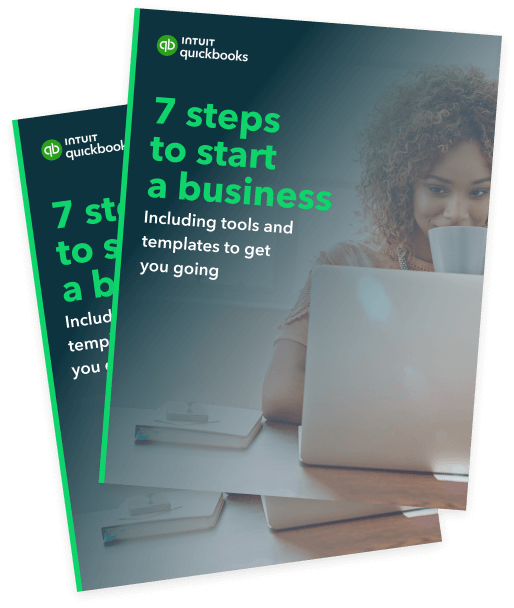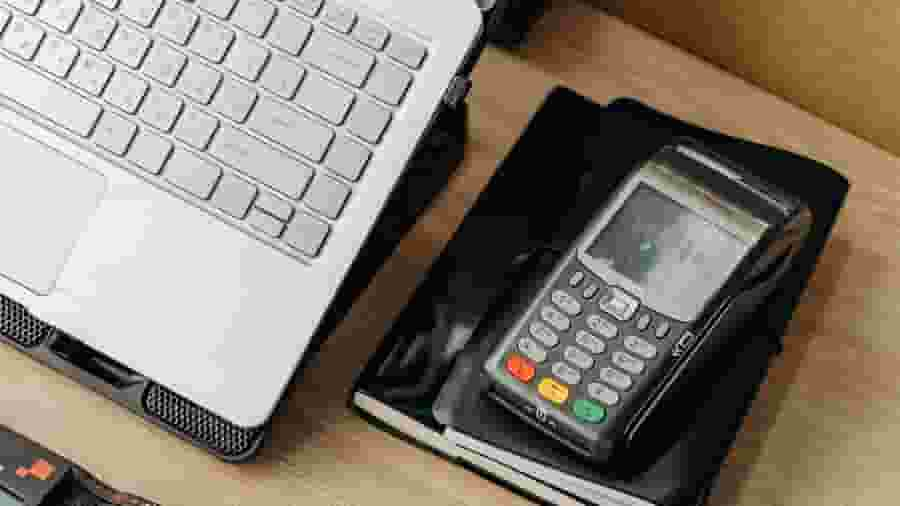Small Business Tax Deductions
If you're a small business owner, there are several claims you may be able to make at the end of the financial year. Below you’ll find a list of some of the most common tax deductions.
Home Office
If you have a home-based business, you can claim a portion of the following:
- Phone expenses
- Internet expenses
- Printers, printer ink and paper
- Computers, furniture, phones, etc.
You can claim the full cost of the item if it costs less than $300 or, the depreciation in value for those items that cost over $300.
You cannot claim rent, rates or mortgage interest. Nor can you claim general items, such as coffee and milk. But you may be able to claim some council rates.
The ATO offered a working from home shortcut, which allowed you to claim 80 cents per hour for all of your additional operating expenses. This method stopped being used on 30 June 2022. There are other methods to calculate your expenses and these may be more appropriate for your working from home circumstances.
Select the method which works best for you and ensure you meet the criteria for each deduction you plan to claim. Many deductions depend on your personal circumstances.
In some situations, you may be eligible to claim for repairs and maintenance of your business, even if it is to a home office. But be sure to seek advice to ensure you are doing so legally.
Laundry, Clothing, & Dry-Cleaning
If an employer mandates compulsory uniforms but does not refund the cost of purchasing, then employees can claim these costs on their tax return. For example, bakers who are required to wear a clean uniform can claim a laundry tax deduction. If the employer handles the laundering of those whites, however, the employer can claim laundry expenses. So, it is important to keep written records of your costs to make a claim.
Travel
There are certain travel expenses you might be allowed to claim if you or your employee are travelling for business purposes. Expenses may include: air fares, public transport fares, taxi or hire car fares, accommodation and meals. It is important to keep well-documented notes of where and when you travelled for work in order to make claiming expenses hassle-free. We recommend checking the ATO’s travel expenses web page for more information.
Vehicle expenses
As a business owner, you can claim a tax deduction for expenses for motor vehicles – cars and certain other vehicles – used in running your business. The type of motor vehicle you drive can affect how you calculate your claim. A motor vehicle is either a car or an ‘other vehicle’. Common expenses may include fuel and oil, vehicle depreciation, repairs and servicing, insurance and registration.
There are different ways vehicle expenses can be calculated which include the cents per kilometre method and the log book method. Regardless of the method you use, you will need to keep loan or lease documents, details on how you calculated your claim, tax invoices and registration papers. Head to the ATO’s vehicle expenses web page for more information on claiming vehicle expenses.
Education
There are education tax deductions if you enrol in an eligible work-related course. You may be able to claim a deduction for specific expenses related to your self-education or study if the education has a sufficient connection to earning your employment income.
Industry-specific deductions
You can claim expenses specific to your occupation. A photographer could classify a camera as a legitimate business expense, but a writer could not. Conversely, a writer could classify premium grammar and plagiarism software as an expense, but a photographer could not.
Donations
You can claim charitable donations of over $2 if you donated to a deductible gift recipient.
Investments
If you received interest from your savings or dividends from shares, you might be able to claim a deduction.
Property
If you own rental or investment property you can claim land tax and rental property tax deductions. But you cannot claim a mortgage tax deduction for an investment property.
Prepaid expenses
If you incurred a business expense this income year, for something which won't be completed until a later year, you might be eligible for a deduction.
Other tax deductions you could claim
Depending on your industry, you may be able to claim subscriptions, protective equipment, union fees, and overtime meals. You can even claim some legal expenses.




















